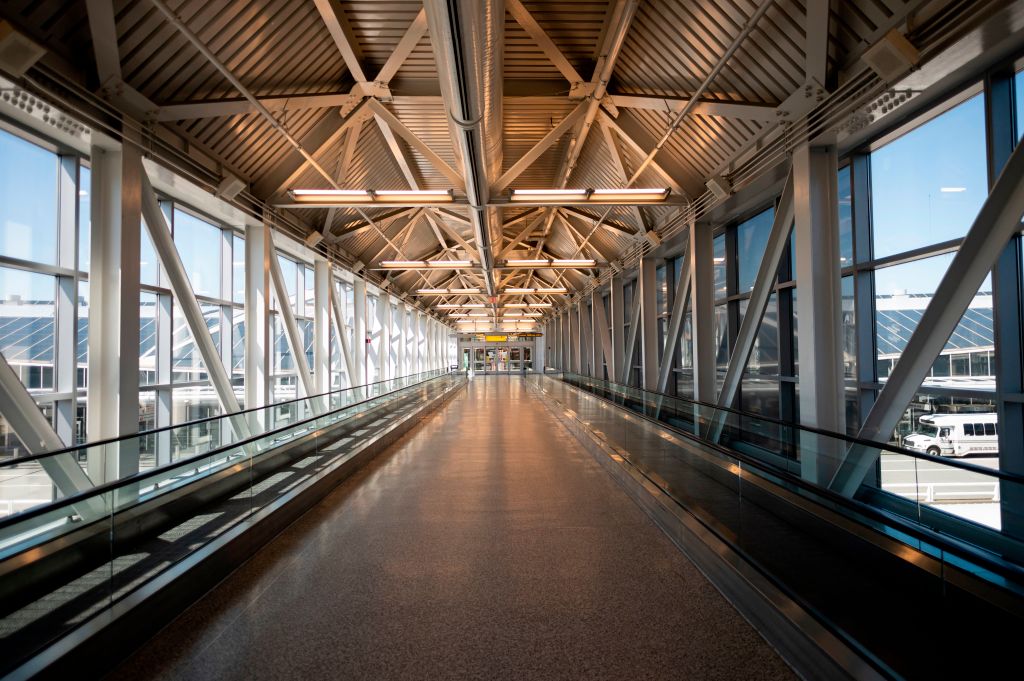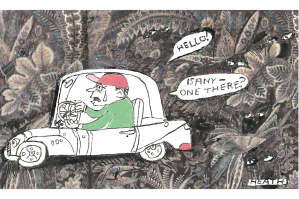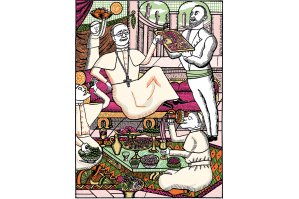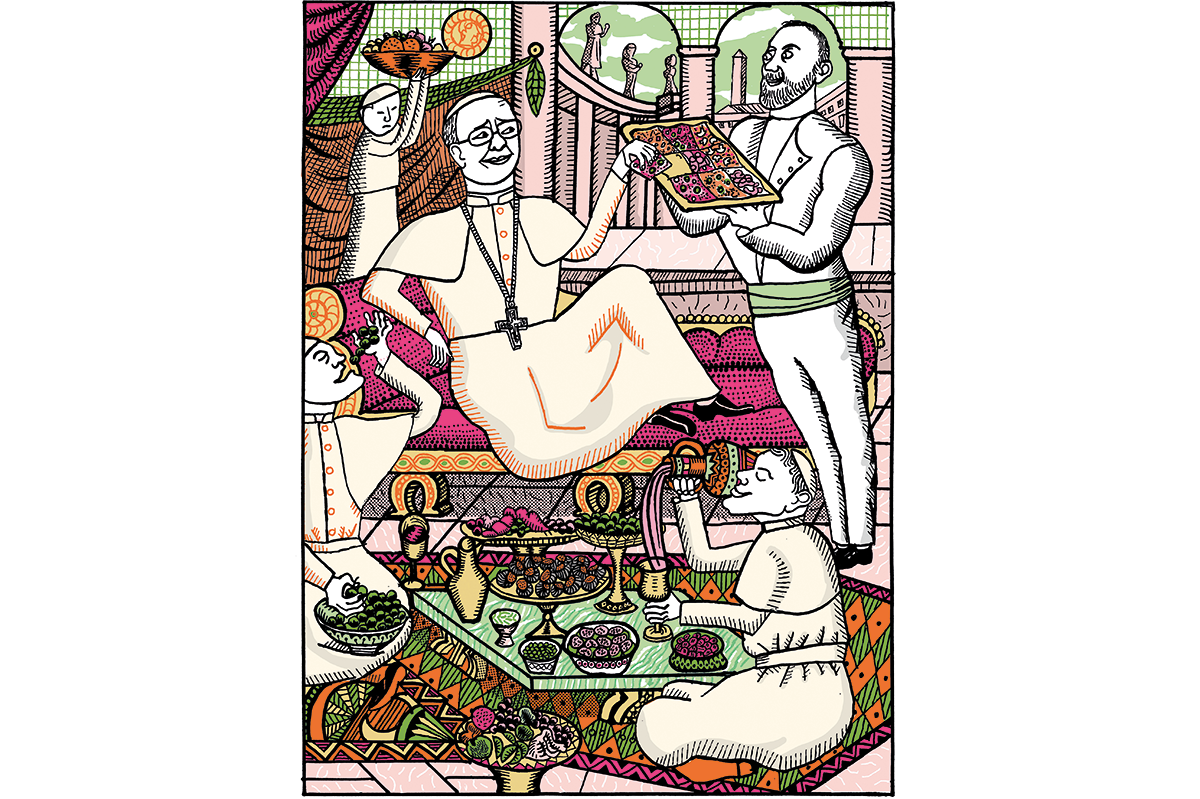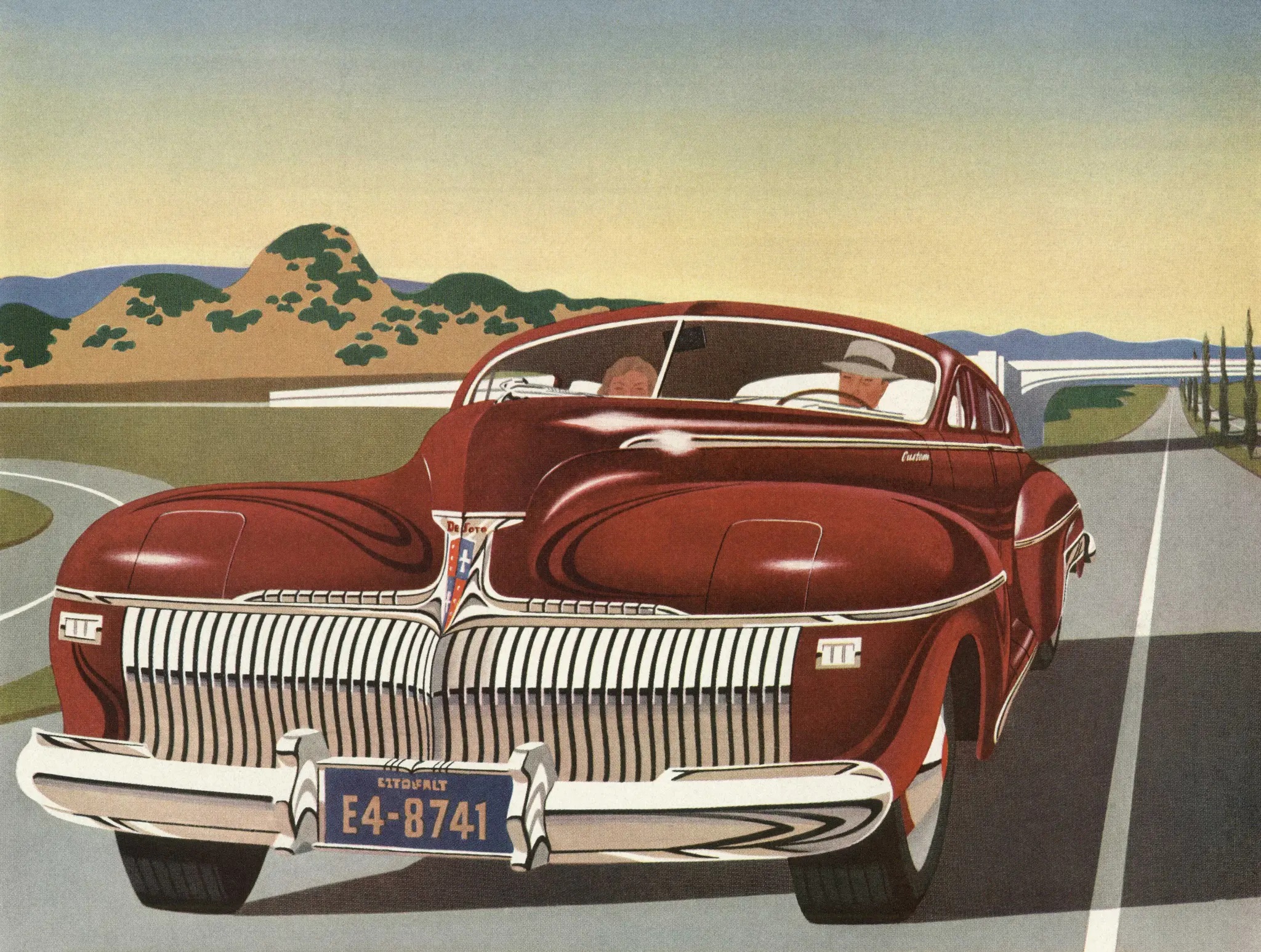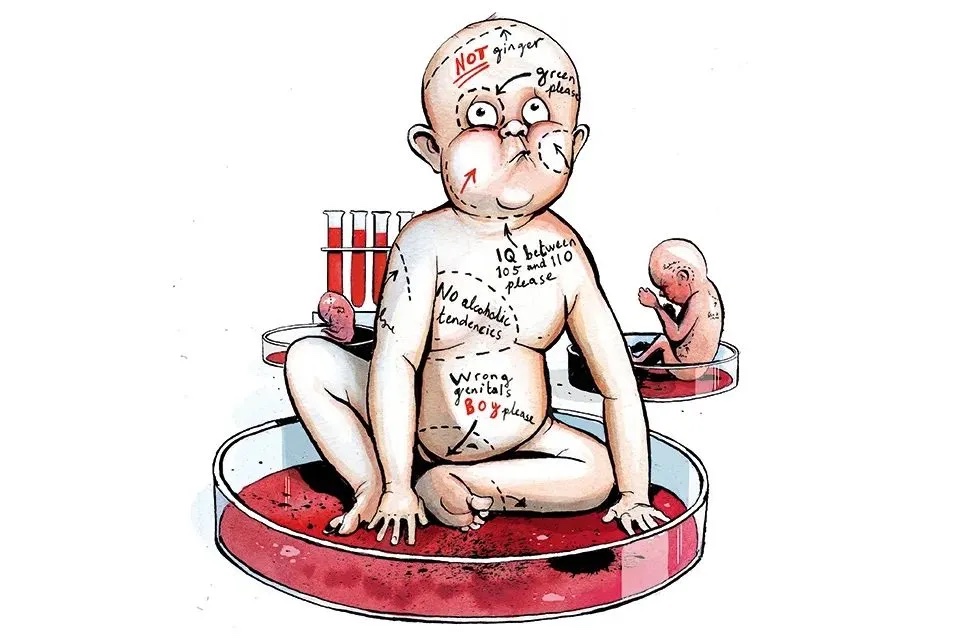Most of us have known about coronavirus for around four months, but already it has revolutionized everything that came before it. Age-old institutions and customs are dead, and the world will never look the same. There is precedent for this, of course. Before the so-called ‘Spanish Flu’, which emerged in 1918, young men had had a curious coming of age ritual in which they sat together in holes in the ground and fired guns at groups of young men from other countries. Soon, these men preferred to ‘socially distance’ themselves in armored vehicles. Normal life had been disrupted.Normal life is being disrupted again. Nothing will ever look the same. But how will it look? What will the ‘new normal’ involve in the coronavirus age? None of us can know for sure. All we can know is that nothing — nothing — will ever be the same. But I thought I could at least present some speculation, about a world where everything is somehow different.
Work
Most of us are working remotely nowadays, but there are essential workers who still have to leave their homes. Thankfully, most of their jobs are going to be made redundant by automation. Robots will sweep the streets, robots will do construction work and as long as we do not succumb to moral panic when a robot tears off someone’s head while trying to remove their wisdom teeth, robots will staff our hospitals. But what of the unemployed? To keep them satisfied, we can implement a system known as ‘UBI’ or ‘Uzbek Building Initiative’ in which the unemployed are shipped out to the Caucuses for a coming-of-age ritual involving manual labor.
Leisure
Mass gatherings like concerts and football games are gone forever, of course, like the viral breeding grounds that they are. Instead, crack teams of musicians and sportsmen can be transported to colonies on the Moon where they can perform in safety with their concerts and matches being livestreamed online. Bars and restaurants will be a thing of the past as well, but people can meet their friends in establishments built to their own specifications on Minecraft.
Romance
If you are not living with a partner then, sorry, but social distance comes before sexual existence. You can’t get your rocks off and stay six feet apart unless you’re into ‘Louis C.K.’-style stuff. Thankfully, in age of ‘online dating’, we know that most people weren’t having sex anyway. They were just having stilted conversations with unenthusiastic members of the opposite sex and then griping about the results on social media. Still, some people want to start relationships — and have kids. For them the solution is simple: a hybrid of virtual reality, sex toys and artificial insemination. If that doesn’t sound exciting, I feel sorry for you.
Education
Schools are an archaic institution in an age of coronavirus. Thankfully, distance learning can fill the gap. Teachers can make use of social media platforms like TikTok, which have proved that online learning can be fun and educational. Teachers and lecturers can dance to the latest hit songs of Billie Eilish, Justin Bieber and Ariana Grande while teaching their students about photosynthesis and the Revolutionary War. Higher education can be replaced by equally effective alternatives as well, for most students, if they just scan a few textbooks while warming their hands over a bonfire of money.
Church
Religion may seem like an antiquated institution to most of us, but some people seem to value it so we will have to help them out. Instead of attending church services, believers can watch televised sermons from especially popular and charismatic pastors. We could call such people telepastors — or, if you like, televangelists. I’m sure that the quality of their services will not suffer.
Travel
All of us will miss holidaying around the world, but with virtual reality we can not only visit London, New York and Paris, but make them better. We can travel around a London without the crime, a New York without the crowds and a Paris without the French. The more sophisticated VR becomes, the more its possibilities will swell. For example, it will become possible to customize your holidays. You want to go on safari and to see the Colosseum? Very well, you can have Rome with elephants. You want to ‘find yourself’ and see the neon lights of a big city? Excellent, then you can gamble in Las Vegas with the Dalai Lama.
***
As you can see, then, if we can harness the tremendous power of modern innovation, human life can thrive throughout the months, years and even decades of social distancing that lie before us. True, some people might suggest that cultural and institutional changes will be more subtle than those I have suggested — that people could find a way to integrate public health measures with traditional patterns of life in a way that is less atomizing and dislocating. That, however, just speaks to a lack of imagination. A wise man once told me, when I was traveling in India: દૂરજાઓઅનેમનેએકલાછોડીદો. Roughly translated, this means ‘nothing will ever be the same again.’



